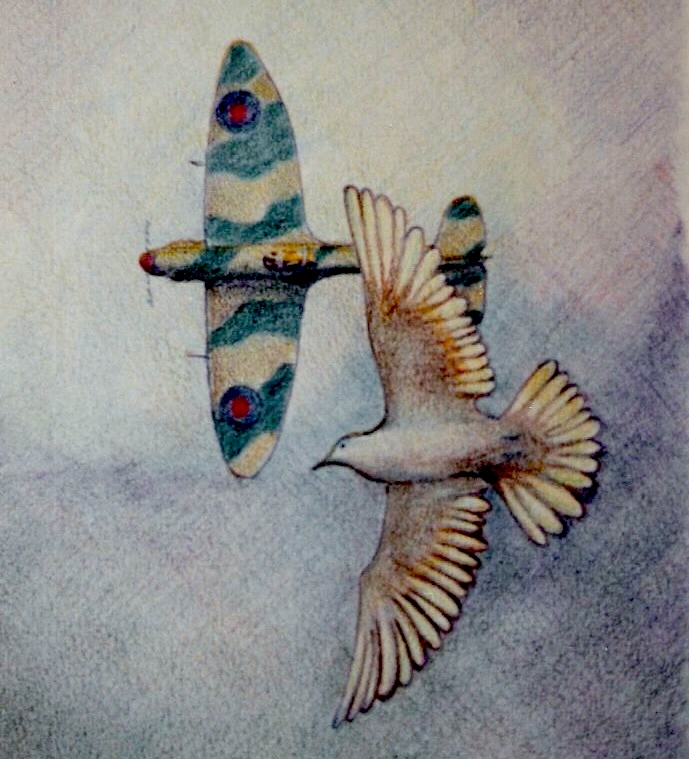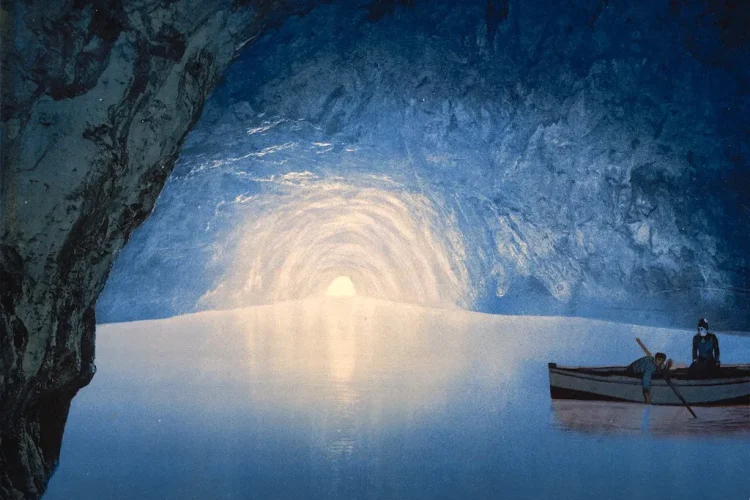Haunted, Philadelphia, USA
I grew up in a war-torn country in the Middle East, ruled by a dictator. I always thought I intuitively understood what the phrase “life is unbearable” meant and felt since that was my lived reality for more than two decades. I lost immediate family members and was displaced because of oppression. However, the violence and horror I experienced pale in comparison to the genocide unfolding in Gaza. I’m haunted by this phrase I saw posted on FB “Imagine they are living a life you cannot bear to watch.” Objectively, I have a fulfilling life right now in the US, but I am haunted by the knowledge there is horror in the world right now (Sudan, Haiti, Congo, Afghanistan in addition to Palestine) that I cannot bear to watch because of the scale of its gravity.
Haunted
AR:
Your letter is so deeply urgent & simultaneously so very difficult to answer because the tragedies you are describing are very much ongoing, occurring in the most present tense, in real time—even as I write these words, incomprehensible acts of violence, destruction & displacement reign supreme in so many corners of our world. The pain is too great to bear & the earth is oversaturated with the blood of the innocent. What can we do but cry out in all our anguish from the depths of our consciences until our voices shatter the ivory towers surrounding us and our collective tears form raging rivers—a deluge of grief pouring through the open streets. & even this is not enough.
In a recent poem of mine entitled “after Arendt” I begin to attempt to think through the paradoxical paradigm built into the banality of evil we inhabit:
after Arendt
a double catastrophe by proxy:
destruction of the human
life, by destruction of the
human mind, both
thru loss of common sense,
which comes first?
I wonder: have we lost all common sense for good? Where are the catastrophic winds of this prolonged contemporal moment blowing us? Will they finally blow us over? How can we brace ourselves, & with what?
Another recent poem of mine responds:
poem in reply to a letter
east bay early
dawn sky over hill
sweet dream-like
upward breath
from which I long
never to wake up
to the nightmare
waiting at my gate
heartsick & sleepless
unraveling—en
tangling my
deepest roots
outside the dead
lie naked &
graveless from
rd to rd, while
the living blunder
on, cope in every
sense & senseless
manner under the
sun, & under
the sheer toxic
weight of it all
look to sky
at mornings
first yawn
dream moment
by moment
into respite—
We search for words & words continuously fail us. Yet the search for words—for a response, for the ability to respond in whatever way possible—is crucial & worthwhile in and of itself. “Not every person is a prophet,” writes the poet Avot Yeshurun, “but every person is a poet. Because poetry obliges that a person respond to everything.” This, I think, is what Jerome Rothenberg means when he writes that “after auschwitz / there is only poetry.”
I want to conclude this reply with the final lines from a recent essay of mine on translation in the face of disaster:
it is not our story therefore that must be told. it is the other story that cannot not be. it is the nostory not told that cannot be. the untellable story none tells, as Paul Celan writes: “No one bears witness for the witness.”
that is, none enunciates, emaciates, is pronounced dead, then buried in language — as “dead” language or culture — understood as anonymous, anomalous. buried in the word, still breathing tho silent. the screams of silenced peoples (silenced by the silent), people forced into silence, people murdered en masse without a chance to survive — thrown off ships, or starved; slaughtered in oceans, forests, cities, fields, factories — the screams which end in utter silence rising up from the catastrophic fallout of the very contemporary air we breathe.
not only because these facts have changed and poisoned the very air we breathe, not only because they now inhabit our dreams at night and permeate our thoughts during the day — but also because they have become the basic experience and the basic misery of our times. Only from this foundation, on which a new knowledge of humans will rest, can our new insights, our new memories, our new deeds, take their point of departure.
—Hannah Arendt
what’s a poem? air.
—Avot Yeshurun






